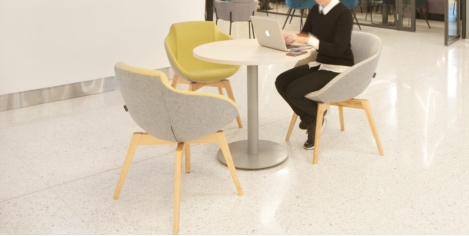August 1, 2022
Nudge theory doesn’t work after all, but we shouldn’t discard the idea completely
 At the end of last year (2021), there was lots of excitement about the first comprehensive analysis of past research on techniques designed to change people’s behaviour (known as “nudging”), confidently showing that they work. This was great news for researchers, but also for governments across the world who have invested in “nudge units” that use such methods. Nudge theory aims to influence people to make better decisions. For example, authorities may set a “better” choice, such as donating your organs, as a default. Or they could make a healthy food option more attractive through labelling. (more…)
At the end of last year (2021), there was lots of excitement about the first comprehensive analysis of past research on techniques designed to change people’s behaviour (known as “nudging”), confidently showing that they work. This was great news for researchers, but also for governments across the world who have invested in “nudge units” that use such methods. Nudge theory aims to influence people to make better decisions. For example, authorities may set a “better” choice, such as donating your organs, as a default. Or they could make a healthy food option more attractive through labelling. (more…)




































July 28, 2022
Personal space is not merely an issue of hygiene, but a biological imperative
by Mark Eltringham • Comment, Wellbeing, Workplace design